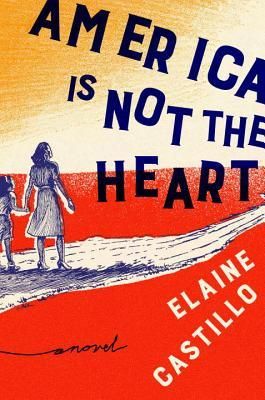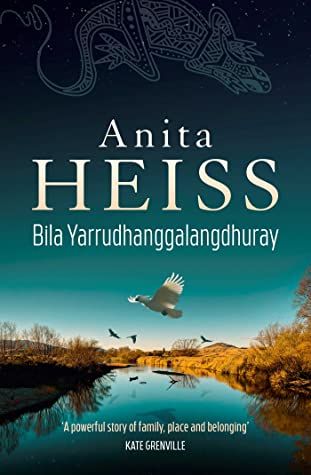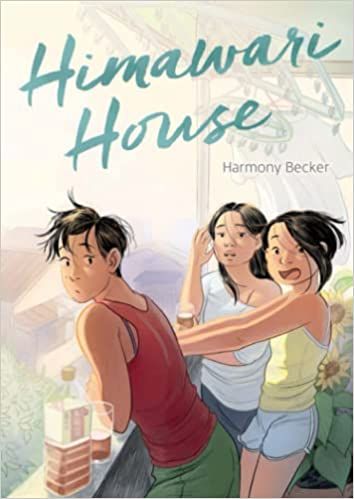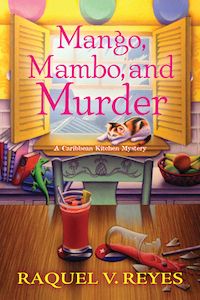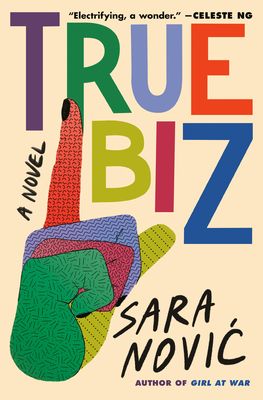I love translated literature. But even the best translations leave something behind. So much of language is steeped in the culture and history of a place. Some things can’t be translated — not exactly, not truly. This isn’t good or bad. It’s just the way language works. When I come across words in a language I don’t speak in a book I’m reading, it’s a little reminder of that expansiveness. It feels, to me, like another sort of gift. The world will always be bigger than my understanding of it. I don’t have to understand every part of a book to love it. Some parts of a story aren’t meant for me, and that’s okay. There’s a wonderful duality that arises when authors choose to leave untranslated words in their books. It makes space for books to be different things to different readers. None of the untranslated language in any of these books stopped me from loving them. The unfamiliar words didn’t take me out of the story. But readers who do speak those languages, who do come from those cultures, will surely have different a reading experience. They’ll get to see pieces of the story I can’t see. America Is Not the Heart by Elaine Castillo is a story set in a primarily Filipine community in California, and it contains a lot of untranslated Tagalog and Ilocano. It’s one of my favorite novels. Google is a thing that exists; when I first read it, I could have typed all those phrases into my computer to find out what they meant. What I did instead was read up on the languages of the Philippines. The fact that Castillo left so many words untranslated wasn’t a barrier to my understanding. It was an invitation for me, a white American reader, to be curious and thoughtful, to put time and work into learning something new. Likewise, her choice to leave those Tagalog words untranslated takes the burden off native speakers. While reading a novel about characters who speak Tagalog, why should readers who also speak Tagalog have to wade through explanations simply for the ease of English-speaking readers? Leaving certain words untranslated is often a way to decenter whiteness. It’s an acknowledgement that not everything is translatable, that some parts of a culture or a language will always remain unknown to those who live outside of it. It’s a gentle and loving reminder that this is, in fact, okay. I can love a book about people who are different from me without understanding every nuance of those characters, while sometime else experiences the specific joy of seeing their language and culture reflected in those characters. These eight books, all written in English, contain untranslated words from other languages. They are celebrate and honor that duality. Translation is such a complicated and messy act. A work of translation can be a bridge, an opening, a doorway into a different world or culture or language. But translation is also a reminder that there is only so much that is transferable. Rioter Nicole Froio wrote a gorgeous piece about translation, culture, English language privilege, and the things that can’t be said — I highly recommend giving it a read. I know I’ll be thinking about it when I pick up some of these 2021 books in translation, and these 2022 books in translation.
